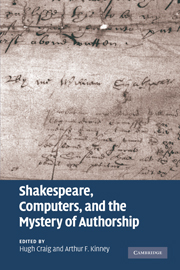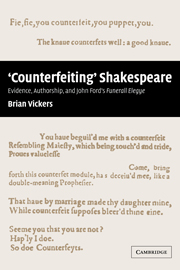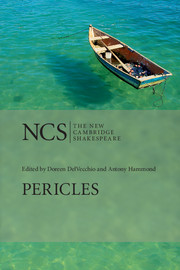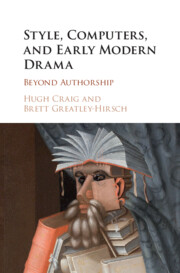Shakespeare, Computers, and the Mystery of Authorship
In this book Craig, Kinney and their collaborators confront the main unsolved mysteries in Shakespeare's canon through computer analysis of Shakespeare's and other writers' styles. In some cases their analysis confirms the current scholarly consensus, bringing long-standing questions to something like a final resolution. In other areas the book provides more surprising conclusions: that Shakespeare wrote the 1602 additions to The Spanish Tragedy, for example, and that Marlowe along with Shakespeare was a collaborator on Henry VI, Parts 1 and 2. The methods used are more wholeheartedly statistical, and computationally more intensive, than any that have yet been applied to Shakespeare studies. The book also reveals how word patterns help create a characteristic personal style. In tackling traditional problems with the aid of the processing power of the computer, harnessed through computer science, and drawing upon large amounts of data, the book is an exemplar of the new domain of digital humanities.
- Presents a detailed examination of a series of attribution problems in the Shakespeare canon, providing a reliable guide to authorship for students and scholars
- Demonstrates several different methods for attribution, which can also be applied by students to other problems
- Fosters a wider understanding of the way individuals create their own distinct patterns within a shared language
Reviews & endorsements
"Shakespeare, Computers and the Mystery of Authorship, edited by Hugh Craig and Arthur F. Kinney, takes us into a world where probabilities are assessed with mathematical accuracy...Despite the measured and cautious style with which the computational evidence is presented, there is plenty more excitement in this book."
-The Book Collector
"The outstanding achievement of
-Thomas Merriam, Notes and Queries
Product details
September 2009Hardback
9780521516235
256 pages
229 × 152 × 16 mm
0.51kg
Available
Table of Contents
- 1. Introduction Hugh Craig and Arthur F. Kinney
- 2. Methods Hugh Craig and Arthur F. Kinney
- 3. The three parts of Henry VI Hugh Craig
- 4. Authoring Arden of Faversham Arthur F. Kinney
- 5. Edmond Ironside and the question of Shakespearean authorship Philip Palmer
- 6. The authorship of The Raigne of Edward the Third Timothy Irish Watt
- 7. The authorship of the Hand-D addition to The Book of Sir Thomas More Timothy Irish Watt
- 8. The 1602 additions to The Spanish Tragedy Hugh Craig
- 9. Transforming King Lear Arthur F. Kinney
- Conclusion Arthur F. Kinney
- Appendix A. Plays in the corpus
- Appendix B. A list of 200 function words
- Glossary.






